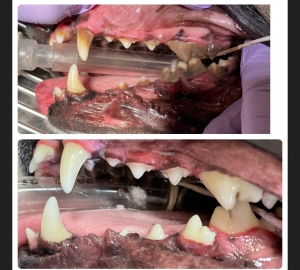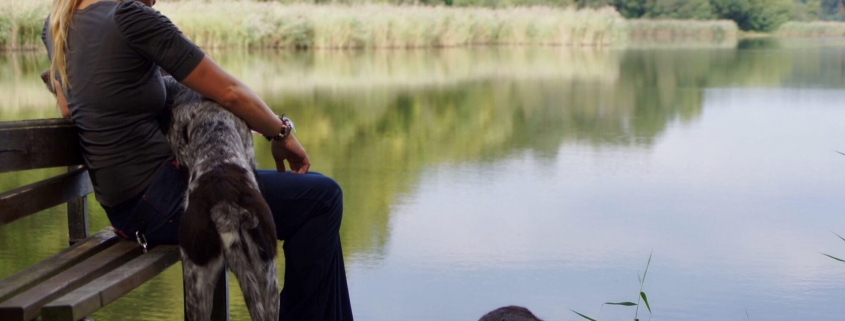Five Reasons Your Dog Stinks
Unpleasant odors emanating from our canine companions can be a cause of concern for dog owners. While a certain degree of odor is natural, persistent and pungent smells may indicate underlying issues that need attention. In this article, we will delve into the top five reasons behind unpleasant dog odors and provide practical remedies to address them. Let’s explore these reasons and discover effective solutions to tackle them head-on.
Reason 1: A Yeast Infection
Yeast overgrowth is a common cause of unpleasant odors in dogs. The musty, pungent scent associated with yeast is often likened to moldy bread or cheese popcorn. Yeast infections typically affect the ear canals or paws of dogs, with the latter sometimes referred to as “Frito feet” due to the similarity to corn
chips. Common signs of yeast overgrowth include smelly paws, a musty odor, excessive scratching, itchy paws, and butt scooting.
To address a yeast infection in your dog, it’s crucial to assess their diet. Ultra-processed, starch-heavy foods like dry kibble can encourage the growth of bad bacteria, allowing yeast to thrive in your pet’s body. While topical remedies such as medicated shampoos and sprays can provide temporary relief, a lasting solution requires a dietary change to prevent the recurrence of yeast overgrowth.
Reason 2: Gas Attacks
While it’s natural for dogs to pass gas, excessive or foul-smelling gas may indicate an underlying issue. Simply keeping your dog away from the trash might not be enough to control their gas. An unhealthy diet can be a significant contributor to your dog’s stinky gas. We can assist you in finding the best diet tailored to your dog’s health needs, helping alleviate the problem.
Reason 3: Bad Breath
Puppy breath can be endearing, but when bad breath sets in, it can be quite overpowering. Typically, bad breath in dogs is the result of bacterial buildup in

Poor dental health, tartar accumulation, infections, or periodontal disease can contribute to foul-smelling breath.
their mouths. Additionally, poor dental health, tartar accumulation, infections, or periodontal disease can contribute to foul-smelling breath.
Dog owners often find it challenging to maintain their dog’s dental health, but it doesn’t have to be a hassle. Check out our blog post on various methods to keep your dog’s dental hygiene in check, ensuring fresh breath and overall oral health. Check out our blog post on different ways to keep your dog’s dental hygiene in check.
Reason 4: Anal Glands
Dealing with malodorous anal glands can be unpleasant. These glands are located on the sides of a dog’s rectum. Normally, healthy anal glands should not emit any odor. However, if you detect a fishy smell, it could indicate a problem with your dog’s anal glands. Symptoms such as leaking, a pungent odor, butt scooting, or signs of pain may indicate the need for expressing the anal glands, which requires a visit to your vet.
Reason 5: Lack of Grooming
Regular brushing of your dog between baths is vital for removing dirt, dead skin, and other debris trapped in their coat, effectively reducing unpleasant smells. Thorough brushing goes a long way in keeping your dog stink-free.
Grooming wipes and deodorizing sprays can also help your pet to smell fresh in between baths. Another simple trick to keeping your dog clean is to keep their bedding and toys clean. It keeps both your dog and house smelling fresh.






